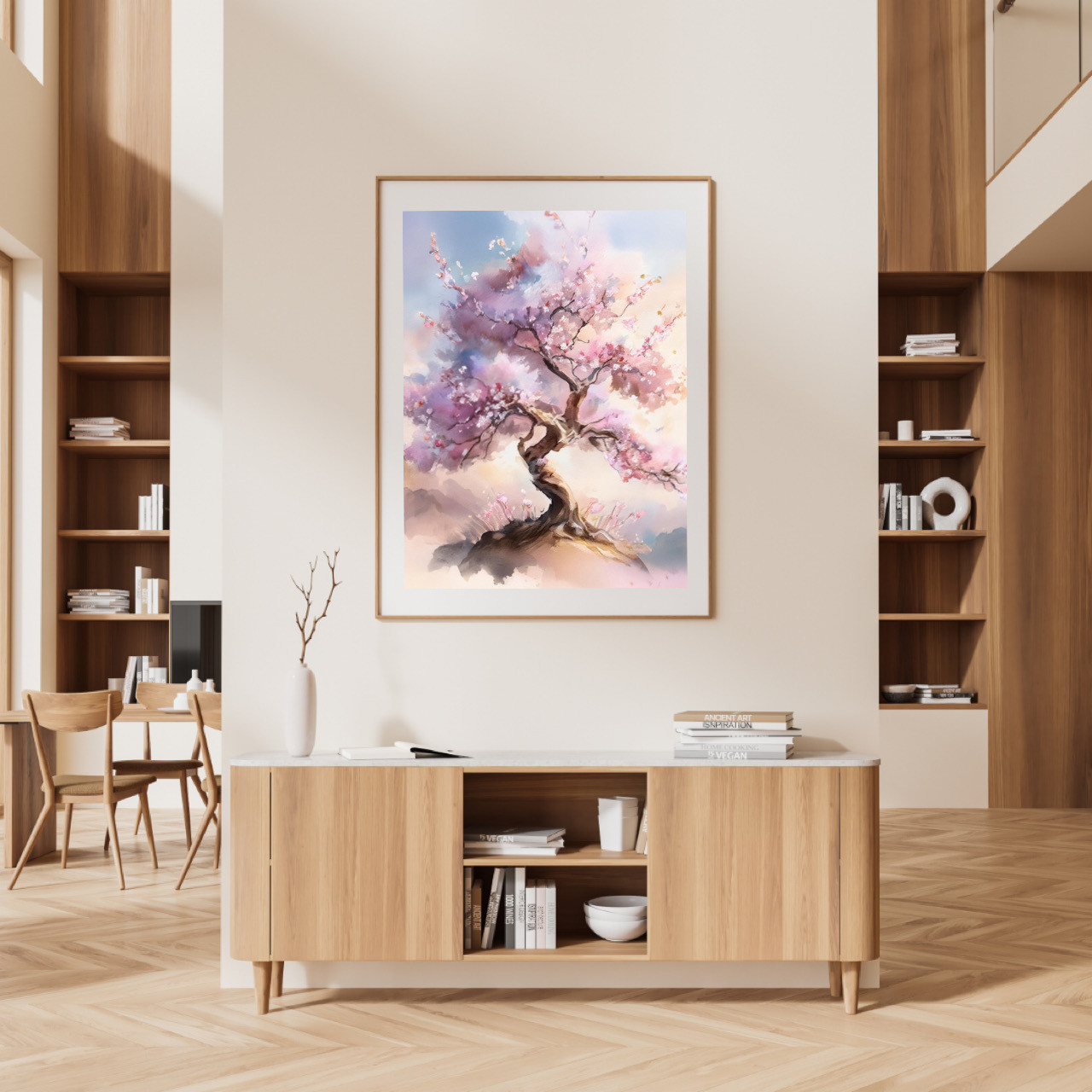What is Feng Shui?
- MALT INCORPORATED

- 2月13日
- 読了時間: 2分
更新日:2月15日

Feng Shui (pronounced "fung shway") is an ancient Chinese practice that focuses on arranging physical objects in your environment to promote positive energy flow ("chi"). The goal is to create spaces that enhance your health, wealth, relationships, and overall well-being.
Core Principles
Chi: Chi is the vital life force or energy that flows through everything. Feng Shui aims to optimize the flow of chi in your surroundings.
Yin and Yang: These are complementary opposites (e.g., light and dark, hot and cold) that need to be balanced for harmony.
Five Elements: Feng Shui incorporates the elements of wood, fire, earth, metal, and water, each associated with specific colors, shapes, and materials.
Bagua Map: This is an energy grid used to analyze a space and identify areas associated with different life aspects (e.g., career, relationships, family).
Feng Shui in Practice
Feng Shui can be applied to various spaces, from homes and offices to gardens. Here are some common practices:
Decluttering: Removing clutter allows chi to flow freely.
Placement of Furniture: Positioning furniture strategically can optimize energy flow and create a sense of balance.
Use of Color: Colors are chosen based on their association with the five elements and the desired effect.
Natural Elements: Incorporating plants, water features, and natural materials can enhance positive energy.
Benefits of Feng Shui
Many people believe that Feng Shui can bring various benefits, including:
Improved health and well-being
Increased prosperity and abundance
Enhanced relationships
Greater harmony and balance
Reduced stress and anxiety
Is Feng Shui Right for You?
Feng Shui is a practice that can be adapted to your personal beliefs and preferences. Whether you're a believer in its energetic principles or simply appreciate its focus on creating harmonious spaces, Feng Shui can offer valuable insights for improving your environment.





Wow interesting